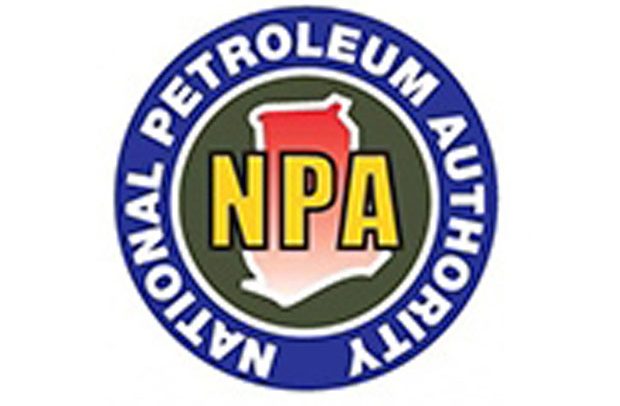NPA
A RESEARCH and advocacy policy think tank, CUTS Ghana, has expressed dismay at the decision by the Association of Oil Marketing Companies (AOMCs) to set a percentage cap and defer the window for reducing fuel prices at the pump.
This, according to the think tank, violated Section 44 of the National Petroleum Authority Act on petroleum downstream industry regulation, (Act 691) of 2005.
A statement issued in Accra and signed by Appiah Kusi Adomako, the Country Director, said with the emergence of price deregulation and the appreciation of the Cedi to the United States Dollar, expected consumers to feel the impact of the fall in the crude oil prices.
“The essence of the full price deregulation is to bring about competition and increase efficiency in the market and thereby increasing consumer welfare. Therefore, it is much of a wonder why the OMCs in the country are very slow in reviewing prices downwards but very swift when it comes to upward review of prices.
“The statement by the Chief Executive Officer of the AOMCs, Mr Kwaku Agyeman Duah, that consumers of petroleum products should not expect a drastic reduction of the commodity this week in itself is a clear indication that the association is having a horizontal and concerted action on pricing, which violates the essence of free market and competition rules as contained in the NPA Act.
“The concerted effort by the AOMCs to agree on an average percentage price reduction and the deferring time for such a reduction constitutes a price fixing which is an offense under sub-section three of Section 44 of the NPA’s Act,” it said.
The statement therefore urged the NPA to intervene to ensure that industry players became responsive to the pricing variables and to protect the interest of petroleum consumers.
“Price fixing is an agreement, which could be written, verbal or inferred from conduct among competitors that raises, lowers or stabilizes prices or competitive terms. The reason why Competition or Antitrust Regulations prohibit price fixing is that firms have different cost structures and by allowing market operators to fix or agree on prices or take any concerted action on prices, reduces competition and innovation in the market; and consumers are made worst off.
“Though members of the association can meet to decide or agree on some issues, it is illegal for the association to decide on any matters related to pricing. We therefore call on the NPA to use the existing provisions in the NPA Act (Sections 43, 44 and 45) to investigate anti-competitive violations in the petroleum downstream sector,” it added.
It also urged Parliament to fast track the passage of the Competition and Fair Trade Practice Bill into law to ensure smooth take off of the second phase of the negotiations of African Continental Free Trade Area (AfCFTA).
– GNA


